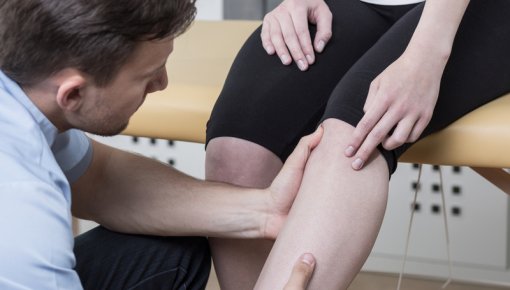Agency for Healthcare Research and Quality (AHRQ). Drug Therapy for Psoriatic Arthritis in Adults: Update of a 2007 Report. (AHRQ Comparative Effectiveness Reviews; Volume 54). 2012.
Ford AR, Siegel M, Bagel J et al. Dietary Recommendations for Adults With Psoriasis or Psoriatic Arthritis From the Medical Board of the National Psoriasis Foundation: A Systematic Review. JAMA Dermatol 2018; 154(8): 934-950.
Gossec L, Smolen JS, Ramiro S et al. European League Against Rheumatism (EULAR) recommendations for the management of psoriatic arthritis with pharmacological therapies: 2015 update. Ann Rheum Dis 2016; 75(3): 499-510.
Ko SH, Chi CC, Yeh ML et al. Lifestyle changes for treating psoriasis. Cochrane Database Syst Rev 2019; (7): CD011972.
Lemos LL, de Oliveira Costa J, Almeida AM et al. Treatment of psoriatic arthritis with anti-TNF agents: a systematic review and meta-analysis of efficacy, effectiveness and safety. Rheumatol Int 2014; 34(10): 1345-1360.
National Clinical Guideline Center (NCGC). Psoriasis: Assessment and Management of Psoriasis (NICE Clinical Guideline). 2012.
Singh JA, Guyatt G, Ogdie A et al. Special Article: 2018 American College of Rheumatology/National Psoriasis Foundation Guideline for the Treatment of Psoriatic Arthritis. Arthritis Rheumatol 2019; 71(1): 5-32.
Steiman AJ, Pope JE, Thiessen-Philbrook H et al. Non-biologic disease-modifying antirheumatic drugs (DMARDs) improve pain in inflammatory arthritis (IA): a systematic literature review of randomized controlled trials. Rheumatol Int 2013; 33(5): 1105-1120.
IQWiG health information is written with the aim of helping people understand the advantages and disadvantages of the main treatment options and health care services.
Because IQWiG is a German institute, some of the information provided here is specific to the German health care system. The suitability of any of the described options in an individual case can be determined by talking to a doctor. informedhealth.org can provide support for talks with doctors and other medical professionals, but cannot replace them. We do not offer individual consultations.
Our information is based on the results of good-quality studies. It is written by a team of health care professionals, scientists and editors, and reviewed by external experts. You can find a detailed description of how our health information is produced and updated in our methods.

